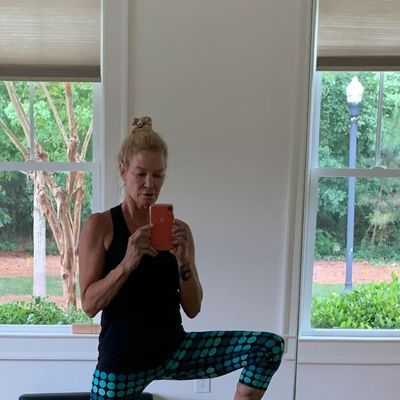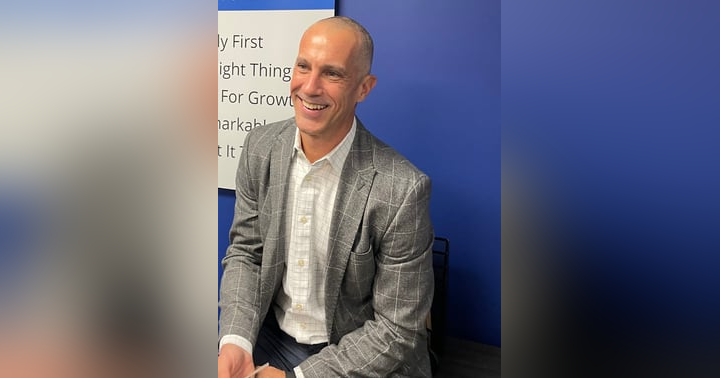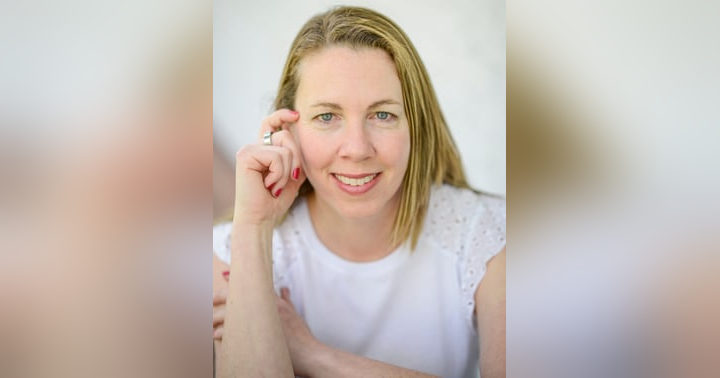
Margie Alman stood at the edge of her childhood, barefoot in the warm waters of Panama City’s bayou, believing—if only for a moment—that joy could be simple. But even as the sun shimmered on the surface, there was a darkness forming within her. Emotionally unregulated, shy, and filled with self-doubt, she learned early how to mimic the world without feeling at home in it. Her family’s conservative values had no map for the storm inside her.
By 14, she had decided that neither herself nor the world was worthy of trust. Drugs became a refuge. The more dangerous the experience, the more alive she felt. What followed was a descent: a teenage spiral into defiance, danger, and despair. Her parents, desperate and out of their depth, delivered her to Straight Incorporated—a controversial, abusive "rehabilitation" center masked as therapy. It became her crucible. For two years, she endured verbal and physical assaults, sleep deprivation, and emotional isolation.
She emerged a shell—technically free but entirely unequipped. At 18, cast out with a bus ticket and a bag of her belongings, she wandered into a world that expected her to function, when she'd never been taught how.
Margie’s journey wound through dark alleys: substance abuse, abusive relationships, moments of homelessness, even a brief period as a sex worker. But through it all, one thing remained: the fire inside her—the same fire that once pushed her toward chaos now guided her toward salvation.
She found it in movement.
Running. Swimming. Weights. Eventually, triathlon. She gravitated toward the punishment of endurance sports not just for the discipline, but for the pain—they mirrored her inner world. She discovered something sacred in the suffering, something that redefined her pain not as a wound, but as proof of survival.
Triathlon wasn’t just a sport—it was a reclamation. The controlled suffering, the structure, the training schedules—they became a cocoon in which she could finally breathe. She found brief joy. Brief normalcy. Until grief struck again: her partner’s sudden death on the eve of an Ironman. Guilt returned, old patterns whispered in her ear, but this time she didn’t collapse.
Instead, she adapted. Her body, now aching with age and injury, asked her to evolve. Pilates became her new language. Then, scuba diving. Movement remained the anthem of her healing, even as the medium changed.
Today, at 60, Margie Alman lives between Alpharetta, Georgia and the tranquil shores of Belize. Her days are quieter. Her workouts are gentler. But the soul of the warrior remains. She's proof that healing is not linear. That it can take decades. That the body remembers, but so does the spirit—and the spirit can fight back.
Key Takeaways
-
Early trauma doesn’t define the whole story. Margie’s experience in an abusive rehab center nearly broke her, but didn’t end her.
-
Movement is medicine. From triathlon to Pilates, physical endurance helped her process emotional pain.
-
Healing takes time. Margie didn’t begin to feel happy until her 60s.
-
The body keeps score—but it can also forgive. Adaptation and self-compassion allowed her to keep moving, even when her body began to rebel.
-
Your story is yours to reclaim. From being labeled a lost cause to becoming a symbol of resilience, Margie’s story invites reflection on our own capacity for transformation.











